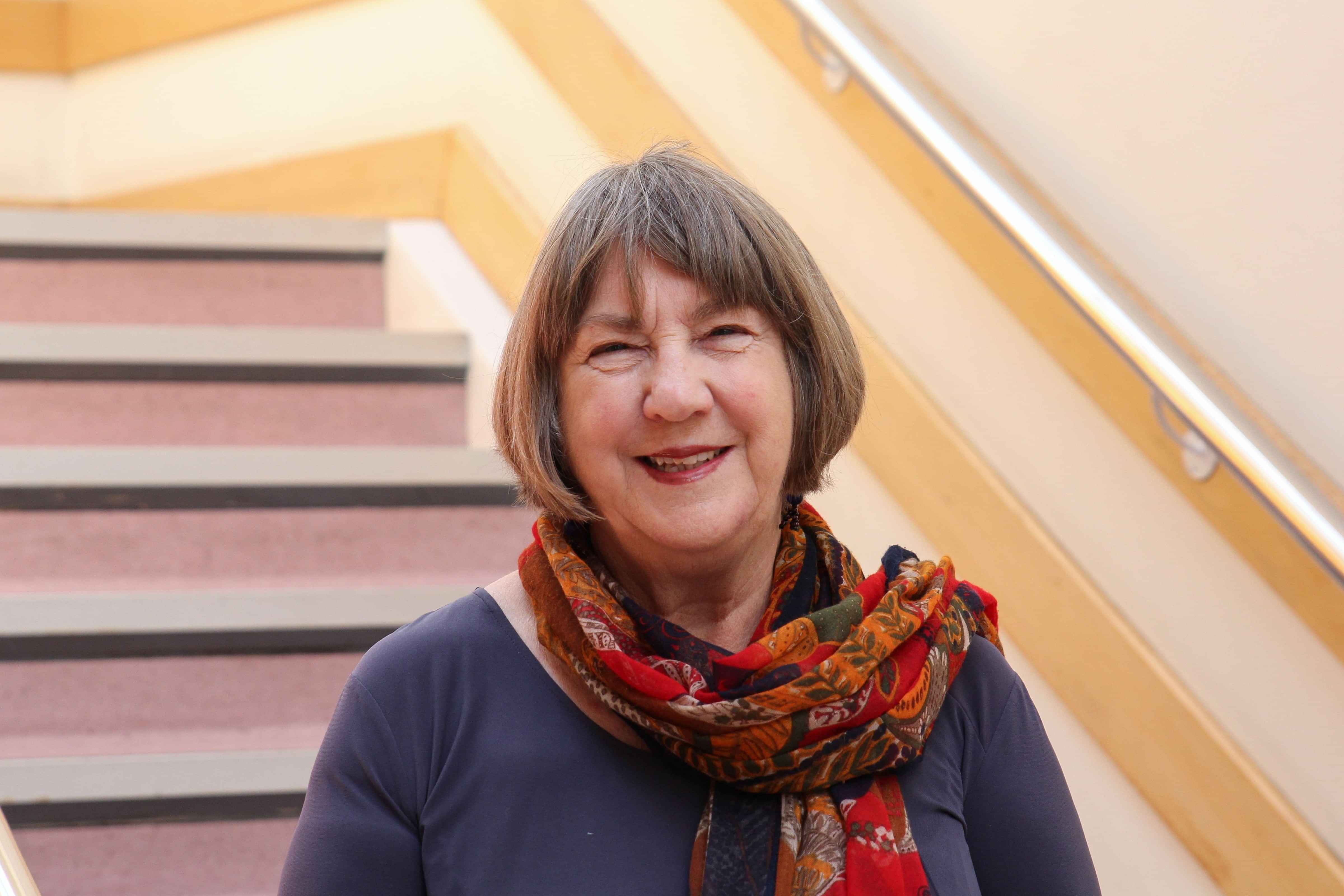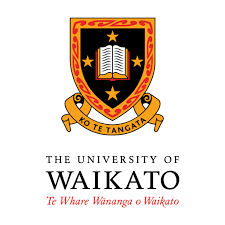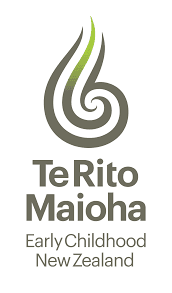Herbison Lecture
Scheduled at 10.45am, Wednesday 27th

Professor Emerita Dr Nesta Devine
Professor of Philosophy of Education, Te Kura Mātauranga School of Education, Auckland University of Technology
Biography
Nesta Devine taught History, English and Social Studies, mostly in Auckland Secondary schools for about 25 years. During this period she became interested not just in the issues of Maori and Pacific education, but in the differing philosophic positions that Maori and Pacific peoples take towards people, knowledge and ethics.
In her mid forties, frustrated by a career that seemed to be going nowhere, Nesta undertook first a master’s degree in leadership, which she quickly dropped in favour of a Phd in educational philosophy. Her thesis was concerned with the sets of belief behind neo-liberalism.
In 1999 Nesta moved to the University of Waikato for a role in secondary teacher education. From there she moved in 2008 to AUT, where she has been engaged with post-graduate education, including the supervision of master’s and doctoral theses, including some notable Maori and Pacific theses – such as those of Professor Georgina Stewart, Associate Professor Jacoba Matapo, Dr Jeanne Teisina and Dr Yo Heta-Lensen. Starting with a role as editor of Educational Philosophy and Theory Nesta has also edited NZJES with Professor Georgina Stewart, Professor Leon Benade and Dr Daniel Couch, NZJTW with Dr Christoph Teschers, Leon Benade, Daniel Couch, Helena Cook and Kay-Lee Jones, and is the Chief Editor of the journal ACCESS.
Abstract
In this Herbison Lecture I want to reflect on some of the tendencies of educational research in Aotearoa New Zealand, as seen from the perspective of a person involved in the many aspects of thesis production, and from the perspective of an editor. I want to think about our almost unique position in being able to recognise (and where necessary to escape from) the privileges assumptions and limitations that come to us from our western philosophic heritage, and the bounty of different ways of thinking that come to us from our Maori and Pacific heritage. As a pakeha New Zealander I am conscious of the traditions of western philosophy, but also, for that same reason, of those ways of thinking that distinguish – or create possibilities – for a distinctive approach from Aotearoa New Zealand.
Thank you to our sponsors


